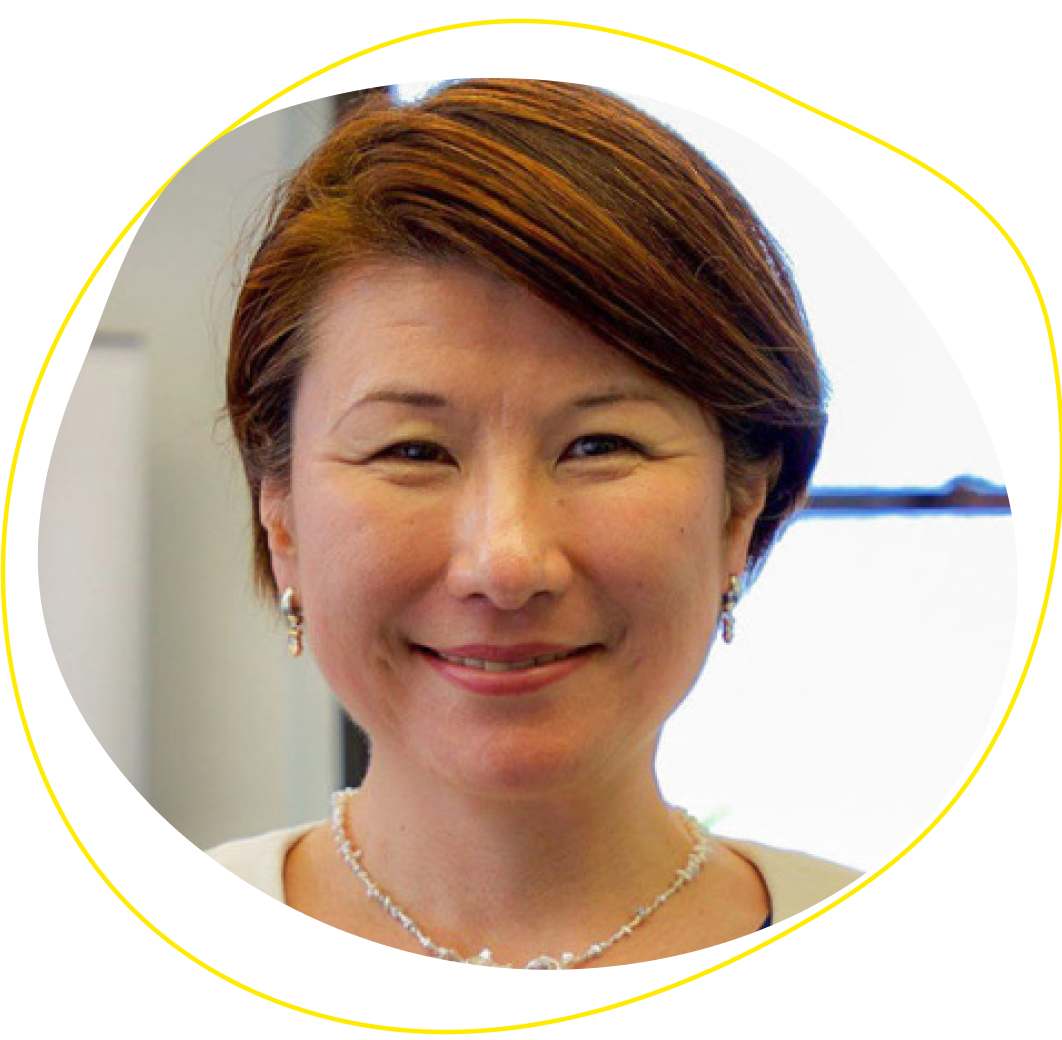
Introduction
The past few years have proven how interconnected the world is in times of polycrisis. Triggered by conflicts, climate shocks, the COVID-19 pandemic and escalated by the war in Ukraine, the impact of the food, fuel and cost of living crisis is being felt across the globe. Due to conflict, violence, fear of persecution and human rights violations, or climate change, over 108 million people are forcibly displaced.
Women’s rights are infringed in multiple contexts, reversing hard-won gains towards gender equality and women’s empowerment. Our latest Gender Social Norms Index revealed that close to 9 out of 10 men and women hold fundamental biases against women, and nearly half the world’s people believe that men make better political leaders than women do.
In this emerging “uncertainty complex”, as defined by UNDP’s Human Development Report 2021-2022, human rights, the rule of law and justice are fundamental anchors for upholding the transformative ambition of the 2030 Agenda.
With seven years remaining to achieve the Sustainable Development Goals (SDGs), we are at a critical inflection point when we must review, revise and realign our efforts with the realities of today. This motivation is at the heart of our reinvigorated Crisis Offer, which aims to break the cycle of fragility, get ahead of the crisis curve, and invest in hope – from jobs to justice.
The 2022 annual report of UNDP’s Global Programme for Strengthening the Rule of Law, Human Rights, Justice and Security for Sustainable Peace and Development demonstrates that if we work together, guided by people-centred and human-rights based approaches, driven by the objective to bring positive change to people’s lives, we can overcome the challenges that we collectively face – at country, regional and global levels.
In 2022, UNDP supported approximately 85 million people to gain access justice.
Our support delivered through the Global Programme included ensuring access to justice for refugees and internally displaced people in Moldova, Myanmar, Lebanon and Pakistan. In Burkina Faso, Burundi, the Democratic Republic of the Congo and South Sudan, over 4,500 detainees were released and over 2,000 obtained justice, including through mobile courts.
Customary, informal and/or community-based justice mechanisms enabled access to justice for women and marginalized groups where formal services were out of reach or required support. In Mali, for example, land commissions settled at least 120 conflicts and contributed to the increase in women's access to land by 12 percent. In Somalia, over 1,600 women benefitted from alternative dispute resolution mechanisms, legal aid and mobile court services. In Yemen, community members were trained as grassroots paralegals to perform the functions of community mediators in six community-based mediation committees in Aden, including two that are chaired by women.
Through the Gender Justice Platform, our evolved partnership with UN Women, almost 43,000 people (84 percent women) received access to justice in 18 contexts with a specific focus on crisis and fragile settings.
UNDP supported community policing initiatives and people-centred security policies and solutions, promoted human rights mainstreaming in the SDGs, and strengthened the capacities of national human rights institutions, and through our Global Business & Human Rights in initiative UNDP engaged the private sector in fulfilling human rights obligations.
Seeking to enhance its role as a strategic influencer and thought leader in the policy space for the rule of law, justice, security and human rights, UNDP, trough the Global Programme, launched the Justice Futures CoLab, an open space to explore and test solutions to justice challenges. The CoLab has become an umbrella for designing and implementing our justice workstreams: digital, gender, environmental, transitional justice and more.
In order for us to remain effective and impactful in today’s evolving reality, reflection on and learning from previous lessons is essential. The independent evaluation of UNDP’s support to access to justice, conducted by the Independent Evaluation Office in 2022, acknowledged our widely recognized role as a key provider of international development assistance in the justice sector. Going forward, UNDP is committed to put the evaluation’s recommendations into practice, particularly in scaling up our people-centred approach to justice.
I invite you to read this report which showcases our best practices, lessons learned and impact of the past year, and serves also as a catalyst for further conversation and collaboration for integrated support to the rule of law, justice, security and human rights.
Asako Okai,
Assistant Secretary-General, Assistant Administrator, Director, Crisis Bureau, United Nations Development Programme
(UNDP)

